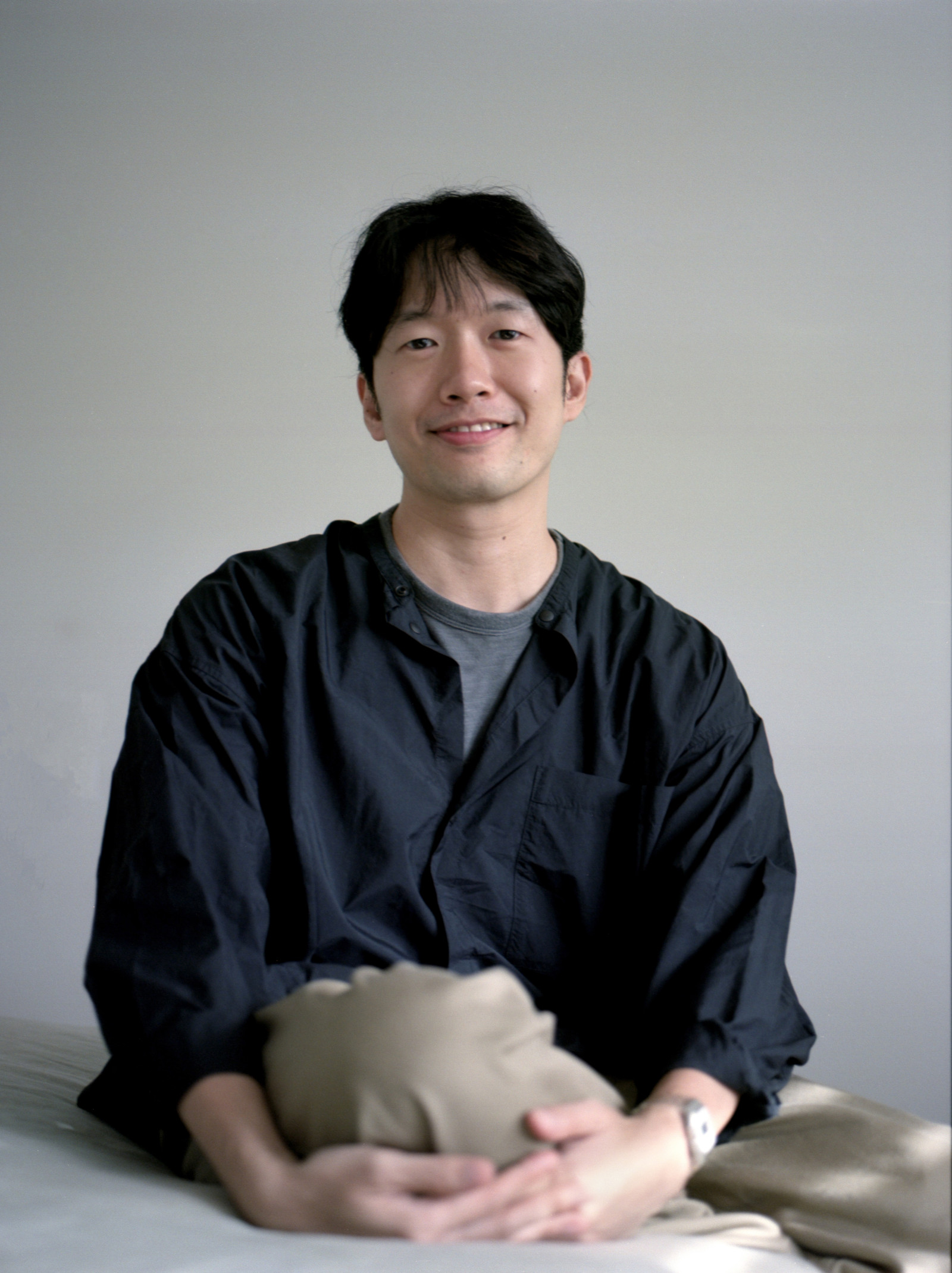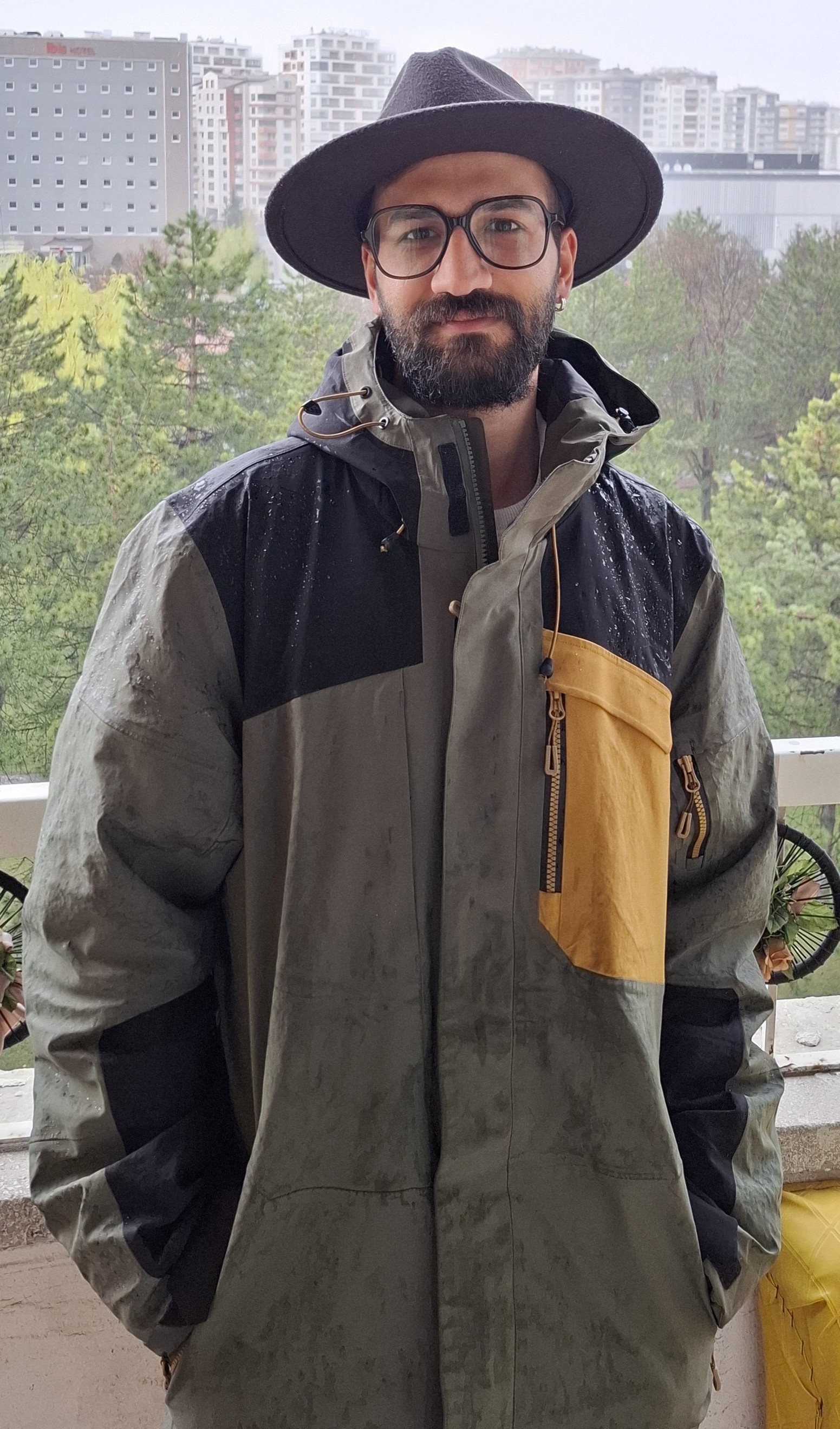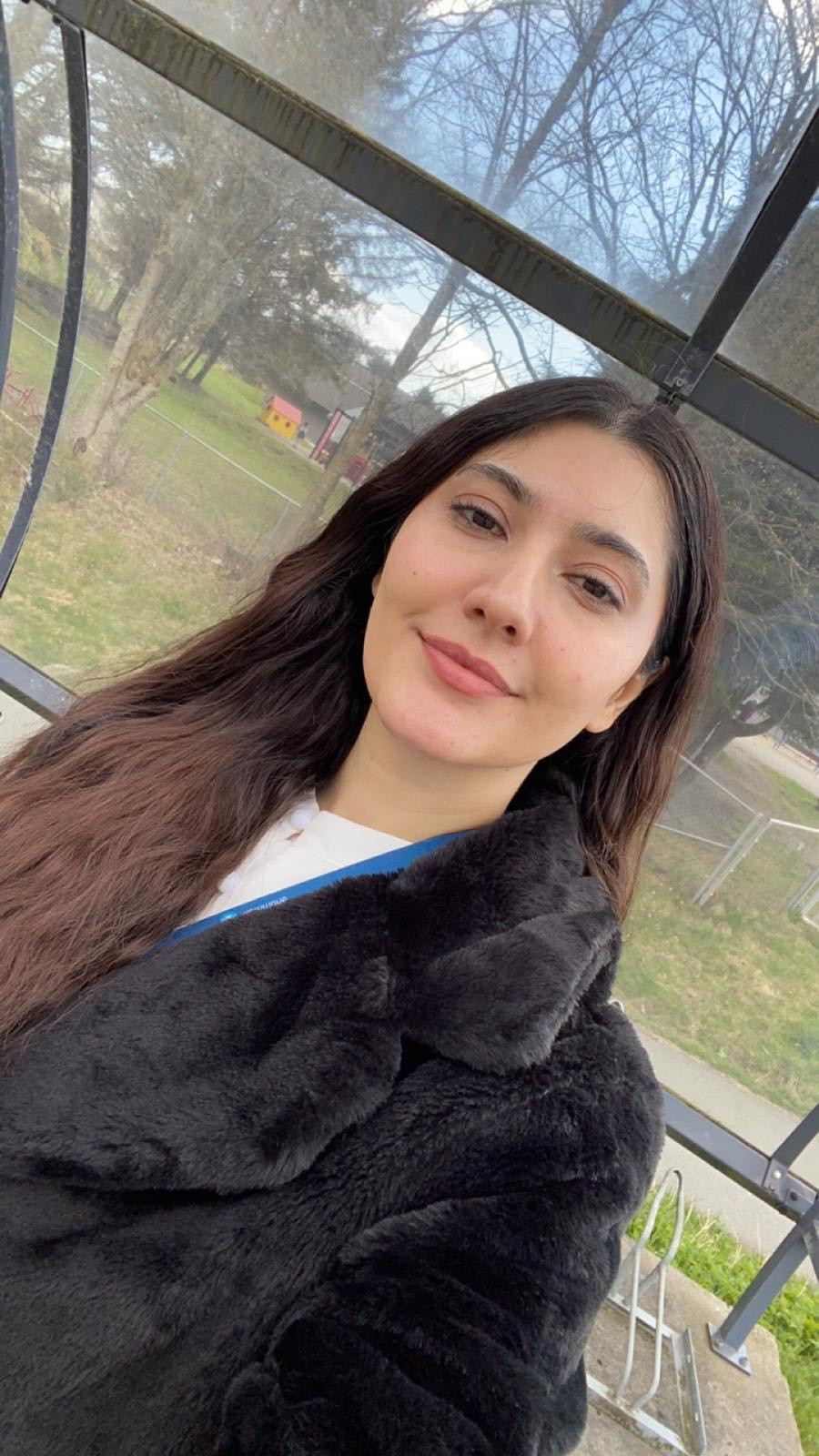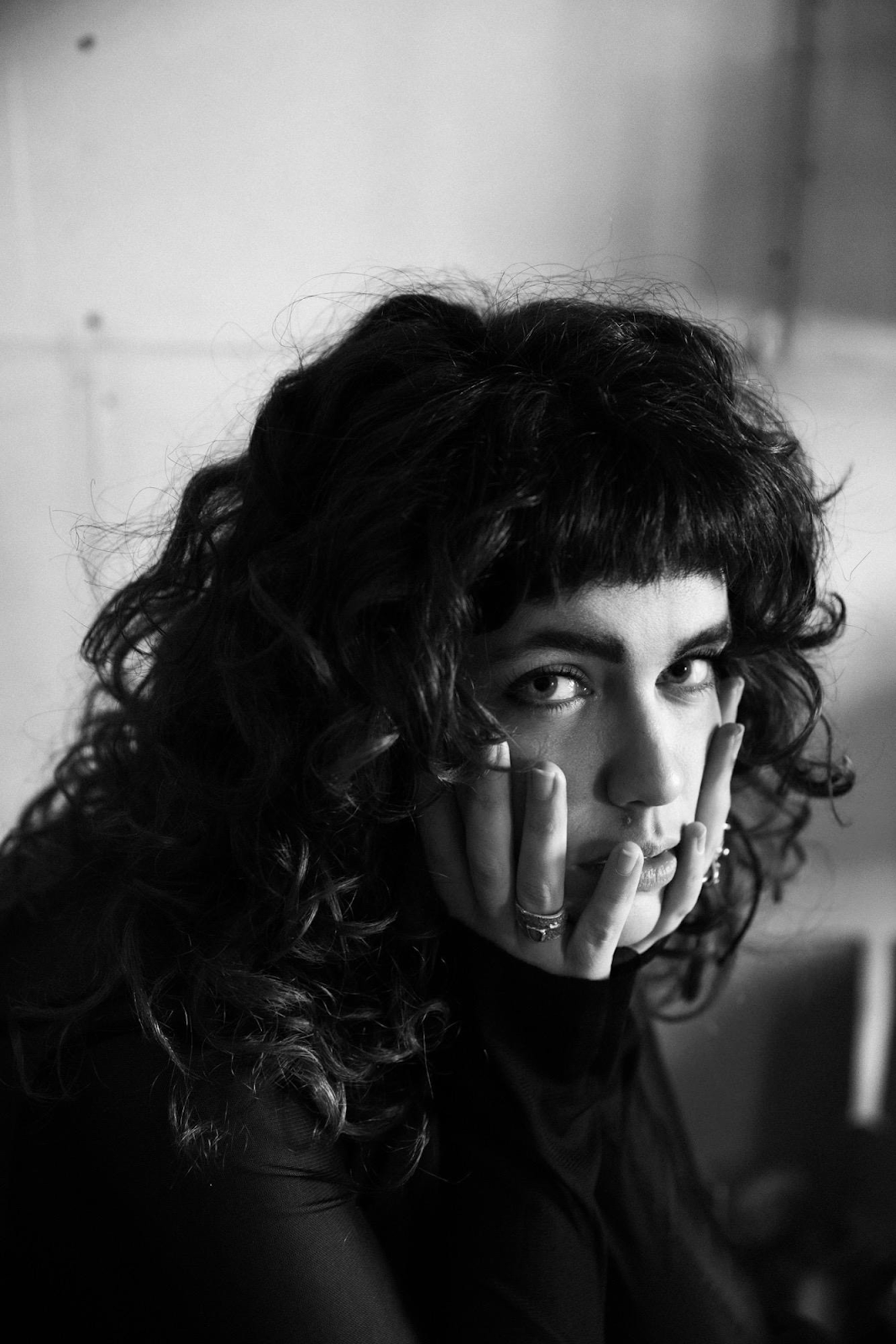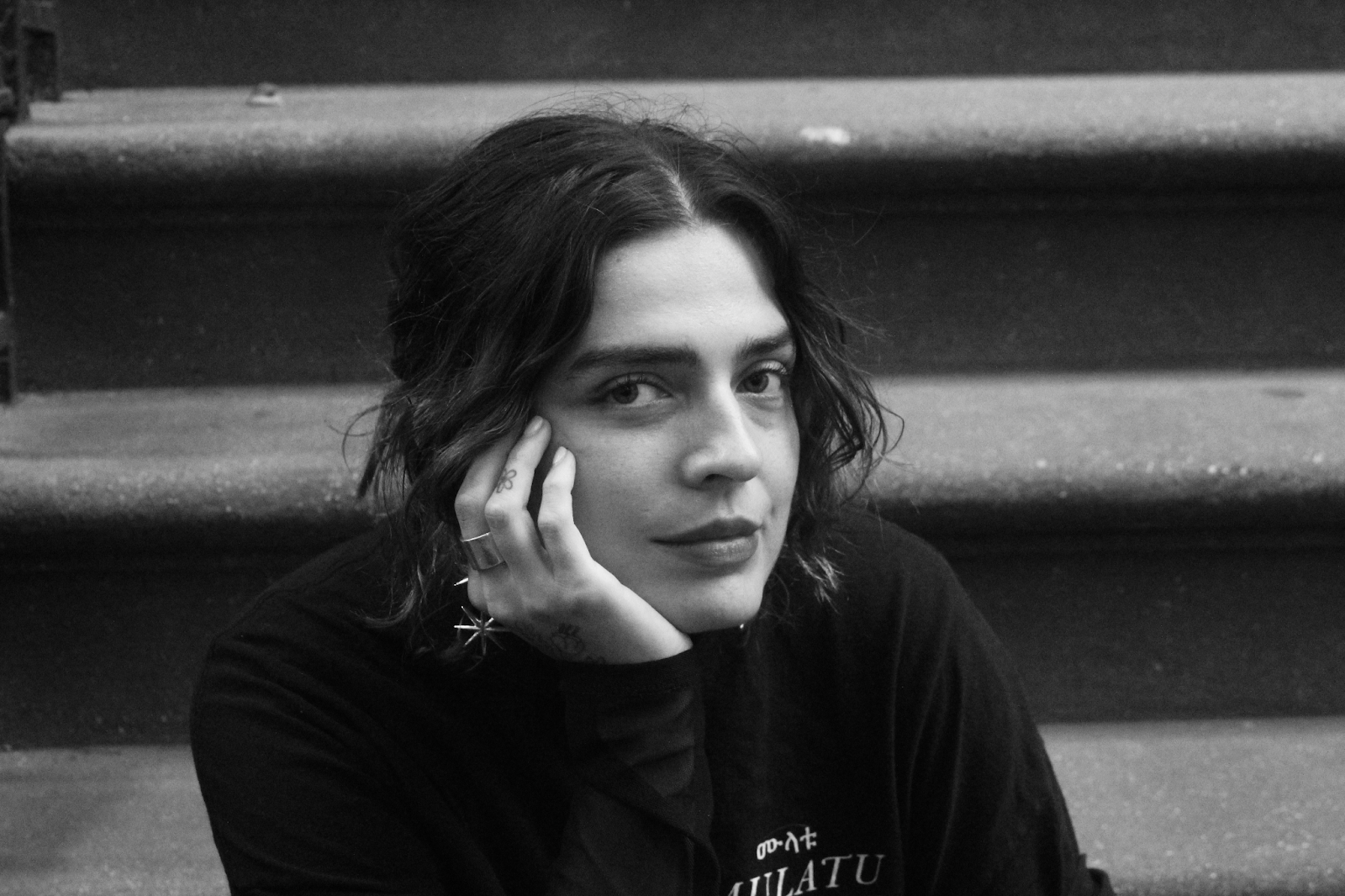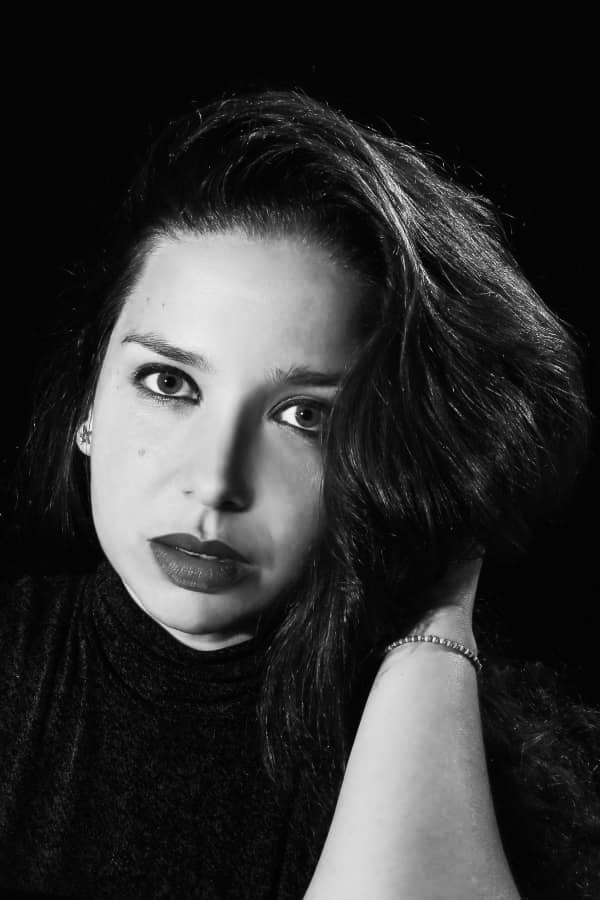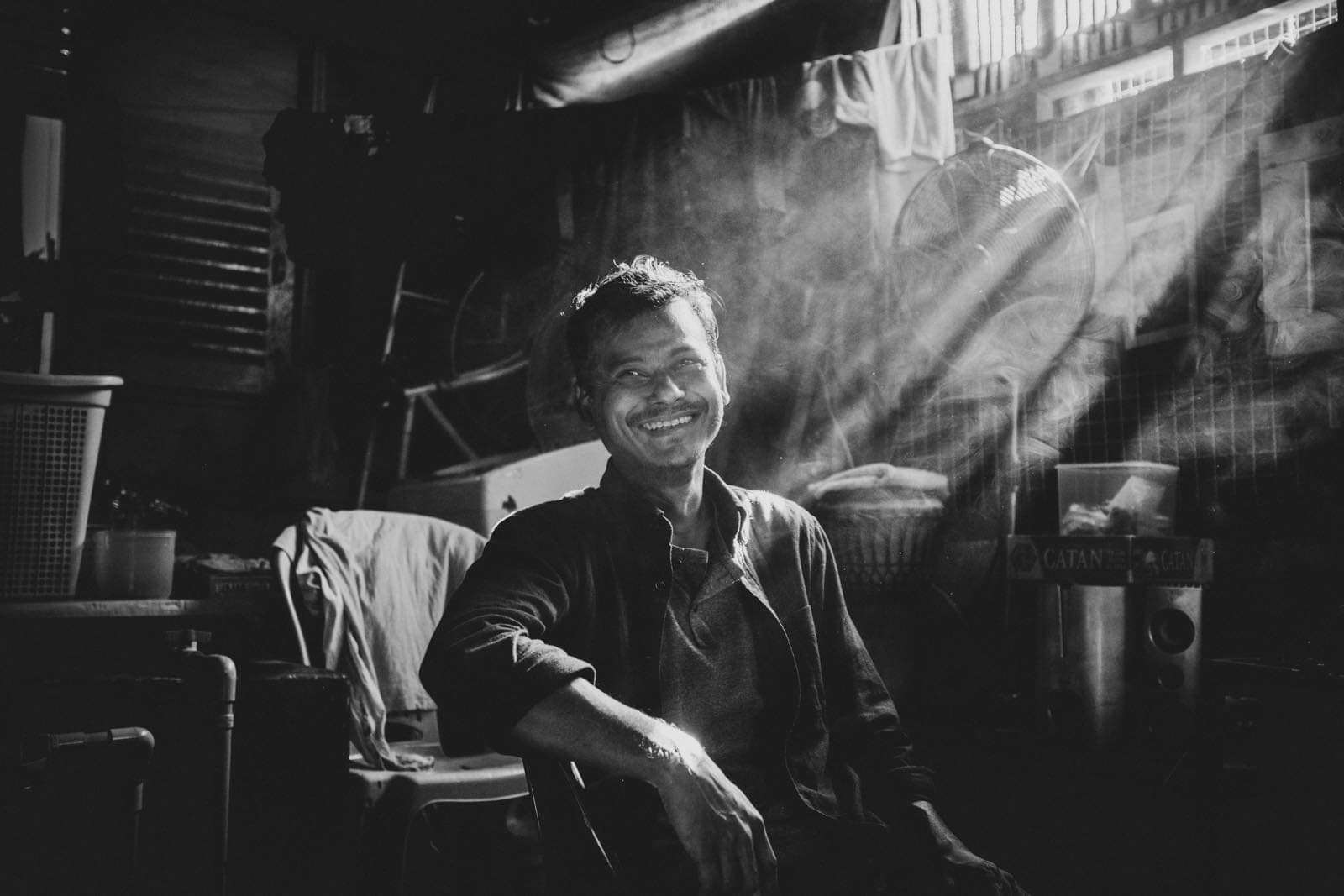There’s a fire, was what I said.
“A fire,” O murmured, repeating after me. “How bad?”
I didn’t answer, not immediately. I remember allowing myself to be surprised back then, by how successful I could still distract him from work, from writing his plays. It broke my heart to know I still held the key.
I held my phone out to him, showed him the video on the Internet: the smoke, the sirens. The premonition, of things we had yet to understand, and would only accept much later. Right there, however, right in that moment, I could only focus on what was intimate and immediate to me: the warm weight in my hand; the video ending and now looping, back to the beginning; the poor and warring light on my lover’s face.
He was frowning; O had caught the name of the road, said it sounded familiar. He asked if the fire was nearby, and I had to type in the road on Google Maps, and confirm that it was.
Whatever happened next—the insertion of the key, its twist in the lock—was on me. I told him we could drive there, if he wanted to.
“Drive?” he said.
Yes, I told him: we could get in the car, pretend to be passing by. It shocked me, how easily the suggestion could fall out of my own mouth, as though it wasn’t me who was speaking, but some other person, some other entity, egging us on. But then it was I who watched O’s breathing turn shallow, watched as he turned the screen of his laptop down. Watched our dimly lit study turn darker still. He had to grab some things from the kitchen first, was what I heard O say, before either of us could leave the flat.
Five minutes away, said the indicator on the dashboard: five minutes to the fire on Mount Sinai, the one between the Ministry of Education compound and the playground at Grove Lane.
I could hear my heart in my ears, which made it hard to hear the directions too, even though it was just a straight drive down Commonwealth Avenue before we had to turn into Ghim Moh Road, where the sprawling estates zigged and zagged about, neighbourhoods we knew existed but never explored, not in the years we’d lived in our Buona Vista flat.
Both of us also knew I couldn’t multitask while driving. “Tell me when to turn,” I said in the car.
O flipped the cap on his thermos: it was full and tinkling with ice and coconut water, his newfound remedy against the weather the past month. “Okay,” he said, before he took a sip. “Nearly there.”
I made the right towards Ghim Moh Road. I took a quick glance at him, saw the way his mouth puckered around the spout. The sheen of his drink, now staining his lips. Just as the car swung to the right, I felt him reach for my thigh, felt the heat of his palm seal itself like wax over the top; it made me think of how, on our first trip as a couple, I had the habit of slipping his hands up my shirt, a personal, adorable salve against the winter we’d thrown ourselves into. I knew to keep my eye on the dashboard, and to keep my ear to my lover’s instructions—stay, keep going; not yet, not this turn—but I also knew to shift forward in my seat, to allow the polyester crotch of my shorts graze against O’s hand, the ends of his fingers. I sensed him turn his gaze towards me, sensed him smiling at the corner of my eye. “Okay,” he said this time. “Okay.”
He didn’t have to do much. He traced a small circle over my groin, using the tip of his ring finger. It got my mouth dry, and it got my heart going even faster too, skipping on my stomach like an eager child, a little boy. A burning.
The car came to a crawl. Even while driving down the Avenue we’d already seen it, the smoke, the spread of it much darker and denser than the actual sky. Down the single lane of Ghim Moh Road we got as far as we could until we were made to stop: I could just about make out the reflective panels on the vest of the traffic warden, standing on the long patch of grass that ran parallel to the road. She appeared to be speaking to the driver of the car in front of ours through the passenger side.
I asked O if he could make out what she was saying, but he shook his head. Instead O lowered the window on his side so that he may stick his head out the door, to better read the warden’s lips, maybe even hear the conversation that was taking place between official and civilian—and there, all at once, the moment the window began its descent, the turmoil of the nighttime hurtled towards our car. We couldn’t see the burning, could at best see the suggestion of it through the gauzy, tawny rim that now lined the horizon beyond the treetops, though we might as well have been in the epicentre itself, the roar of the fire lighting its own path towards our ears, its radius sick with the sound of the crackling, thrashing its own way past the grasses and the trees and the many gates of the many houses that stood between us and the sight.
I had to breathe—I had to take a breath. My hand shook somewhat while I did this, but I had to pry O’s thermos from between his legs, toss it to the back. He was practically kneeling on his seat, his hip pressed against the bottom edge of the side window.
What? I had to ask again. What are they saying? Again, no reply, not till O said: “They’re getting out!”
I almost didn’t hear him; it was hard to hold on to his voice, thin and reedy amidst the din of the disaster. But like a spell the doors of the car before us popped right open: I could only catch a split-second of the traffic warden backing away before what looked like an entire family spilled out of the sedan, the father out one side, his teenaged daughter out the other, and then his wife coming round the back of the car to help an elderly man out, his wrinkled hands holding on to the woman, shaking as though riddled with a fever. I saw the woman’s mouth widen, screaming something impossible to make out, screaming for what I could only assume was patience, a message in vain, intended to travel over the roof of the car towards the other side, for it was to no avail, her husband and daughter had already dashed down the road towards the awful light. I wondered aloud if the family was really going to leave the car behind on the road, just as O slid back down into the passenger seat.
“Come on,” he said, breathless with excitement. I knew this excitement, recognised its flavour; O would never admit it, but mayhem and misery tended to provoke a delight in my lover, an animation I sought out, even stoked within O, only now I feared that the proximity and scale of the situation might have set forth in motion something I couldn’t control or contain. For O didn’t wait for me to react—love, I wanted to say, hold on—we can’t possibly abandon everything—but he’d already leapt out of the car, telling me “Come on!” again, his voice louder and clearer this time through the still-open window of the shutting door. It was all I could do to keep an eye on the back of his t-shirt, fearing he might be swept out of sight, by the growing throng of people rushing down the sidewalk, until the worst had finally happened, I couldn’t find O any longer, the night now filled instead with anxious chatter, exclamations. All while the hellish glow in the distance continued to spew a now- purplish smog.
I didn’t know what to do. What to do, what to do, I muttered to myself, both hands still on the wheel, both feet on both pedals. All on my own now. And then a sudden darkness snapped over the car, prompting me to look over my shoulder: it was the car behind ours this time, its occupants switching the headlights off. They were going to leave their car behind on the road too.
I felt the need to raise O’s window—to replace the seal, the one that stood between me and the outside world. But then my phone lit up, from a photo my father had forwarded into the family group chat on WhatsApp, a picture a distant relation must have taken of the scene, of what I could not yet see: the long line of houses, more flame than building; arches of water, the streams soaring into nothing, presumably from the heat; the fire trucks, variously sized, parked wherever space could be found along the narrow lanes of the neighbourhood, emitting pinpricks of red and blue light. My father then messaged to say to be careful, followed by a message from my sister asking if the fire was something I could see from my block. I was about to confess my whereabouts to my family when my phone buzzed, this time, with a call from O.
Are you there? I asked.
Yes, he told me, at the Grove Lane playground; the rush of static flowing from his end of the line confirmed as much. “How about you?” he asked.
I told him the truth: that I was still in the car. That I couldn’t bear the leave the car.
O didn’t comment, not for half a minute. “It’s like what Phoebe told us,” he finally said.
Phoebe was O’s best friend; I’d consider her a friend too, though the real connection lay strictly between them. I had to ask what she’d said exactly.
“About the fires,” O replied. “She said they would keep spreading.”
Right, I thought then. Right. Yet another thing I knew, but had yet to understand. Not long ago Phoebe had sent O an infographic she’d screenshotted from the werk, bauen + wohnen website, and while the text was in German, the illustrations alone were clear enough: the planet was burning. Everyone knew, last year, how the Pantanal had ravaged for months, a wildfire that could be observed from space, a crisis that necessitated aid from all corners of the globe—but there were fires in the Northern Territory of Australia too, across vast stretches of New South Wales, fires all over Kalimantan, Southern California, Chile, Peru, fires I’d seen on the screen, hypothetical, extraterrestrial, otherworldly fires. Even when those towns had burnt down in Terengganu, for no rhyme or reason other than the heat, my attentions were not on the reality that was encroaching upon us, but on the review of fire codes it had sparked across Malaysia and Singapore; I’d even flown to Kuala Lumpur last month, to inspect a house Phoebe’s father had built south of Chinatown, for a fire I concluded I’d never have to deal with. I knew these fires, had the facts of them stored away in my mind, but my attention was always on other things, other people, other points of concern. Even with a fire right in front of me it was clear I had other objects on my mind.
I heard two knocks then, just to my right: it was the traffic warden, now waving at me through a pane of glass. I said a quick goodbye to O, and partially lowered the window, enough for the torrent of sound to rush back into the car. “Sorry that you are stuck, sir,” she said through the gap, gesturing towards the cars front and behind.
I told her there was nothing to be done about it. “People are panicking,” I said.
Now that she was in closer view, the traffic warden looked kind, her smile sympathetic. “You’re correct, sir,” the officer replied. “Issit you live nearby?”
And here I paused, I remember this happening—there was a fleck of ash, floating and then landing on the officer’s cheek. The sight had left me awestruck, speechless, though I don’t exactly know why. By the time I managed to speak again the pause had already become too protracted, I barely had time to grasp the implication behind her question: that I was here because I lived here, had a stake in the wreckage, when of course I did not. I had to quickly nod and tell her I’d come out of the car. “See if everything’s okay,” I said.
I stepped out. I made sure I had my keys. Patted the hood, as though it were a dog I was commanding to stay. When I managed to look at the line of cars behind me I could only count up to a dozen or so, while the sound of distant horns and whistles all now reached my ears, mixed with calls to slow down, to not panic, to not rush to the scene of the fire. I managed one last glimpse back at the line of cars down Ghim Moh Road, and at the faces of the people marching down the sidewalk, shining with sweat, and with a seriousness in their eyes.
I made eye contact with the traffic warden, now with a line of dirt streaked across her face, and found myself waving at her, feebly, before I made my final turn away, and strode towards the yellow box junction at MOE HQ, where there was a loose squad of security guards and other traffic controllers preventing drivers from making further progress towards the scene, and for attempting to enter government premises. But it was clear there was no stopping people: it was easy to trail behind a brisk-walker and bypass the officials’ gloved hands, their signs of caution—I walked past two houses, with folks standing on ladders and chairs in their front yards, trying to take photos and videos of the sky, smouldering over the tops of their walls, while they kept their windows closed, presumably to prevent the ash from falling in. Past the two houses was a zebra crossing, built over a long drain demarcating one row of landed properties from the other, and it was on the concrete path along the drain where plenty of people had chosen to detour, to avoid the further lines of officers preventing access to Mount Sinai, though it was here where the heat and the light had truly begun to impress themselves upon the land, a force as physical as they were immaterial, the fumes enough to bring the collars of everyone’s t-shirts up over their noses, while I simply held my arm up over mine, eager to press on, to follow the throng, all the way to Grove Drive, where the houses were spared from the disaster but covered in dirt, the roofs and front windows of their nobler-looking cars now stained and speckled with soot.
From Grove Drive we then made our way to Grove Avenue, and then somehow further down to Grove Crescent, where the uniforms on the stationed officers took on more layers of protection, more than any of the civilians ever cared to put on, most of us donning mere shorts and pairs of slippers. When I finally arrived at the playground I almost could not bear it, for while the horizon of fire lay on the other opposite corner of the park I could already feel whatever hairs I had left on my forearms stand and take on the sensation of singeing—it was incredible, I thought, even admirable, how O had withstood the ferocity, and also how he’d managed to get his voice across to me in his earlier call, the park filled with the sounds of residents crying and gasping and shouting and soothing one another—evacuees, I assumed, from all the big and beautiful houses that populated this part of the world, told to remain on the grass and to not venture any further, no matter the state of their houses, even though being in the park seemed like a risk as well, now that there were embers floating around, winking over the expanse of the park like the tail ends of fireflies, ready to set any of the surrounding trees or bushes or patches of grass alight.
And it was a miracle, too, that I found O, considering how it was near- impossible to see anything around me, the fire trucks and the ambulances and their assortment of flashing lights, hacking and slashing reds and blues across my field of vision—but I did find him, standing by a lamppost, holding a handkerchief over the front of his face, his gaze fixed not on the chaos but on a domestic helper nearby, letting loose what sounded like a prayer or a sutra while she held on to two brown kids, a boy and a girl, barefoot and in their bedclothes, shocked otherwise into a state of silence. “I’m here,” I said to O, and he simply nodded, his gaze still on the pitiful trio, before I felt his hand reach for my wrist, and then my hip, and then the waistband of my shorts—it was something he liked to do, or used to do, in lieu of holding my hand, either with the waistband of my trousers or a belt loop, whatever he could curl his finger around. I placed my free arm around O’s shoulders, and said here I was again, prompting him to nod a second time, just before a burst of light, a plume of fire, inspired a fresh utterance of awe and panic across the people in the park. But O didn’t cry out. My love didn’t panic. Instead he turned to me and, with eyes locked onto mine, told me he’d like to be back home, while I found myself transfixed, this time, by the sight of both flame and water swimming in his eyes, something I’d never seen before. I nearly missed him say that he needed me.

